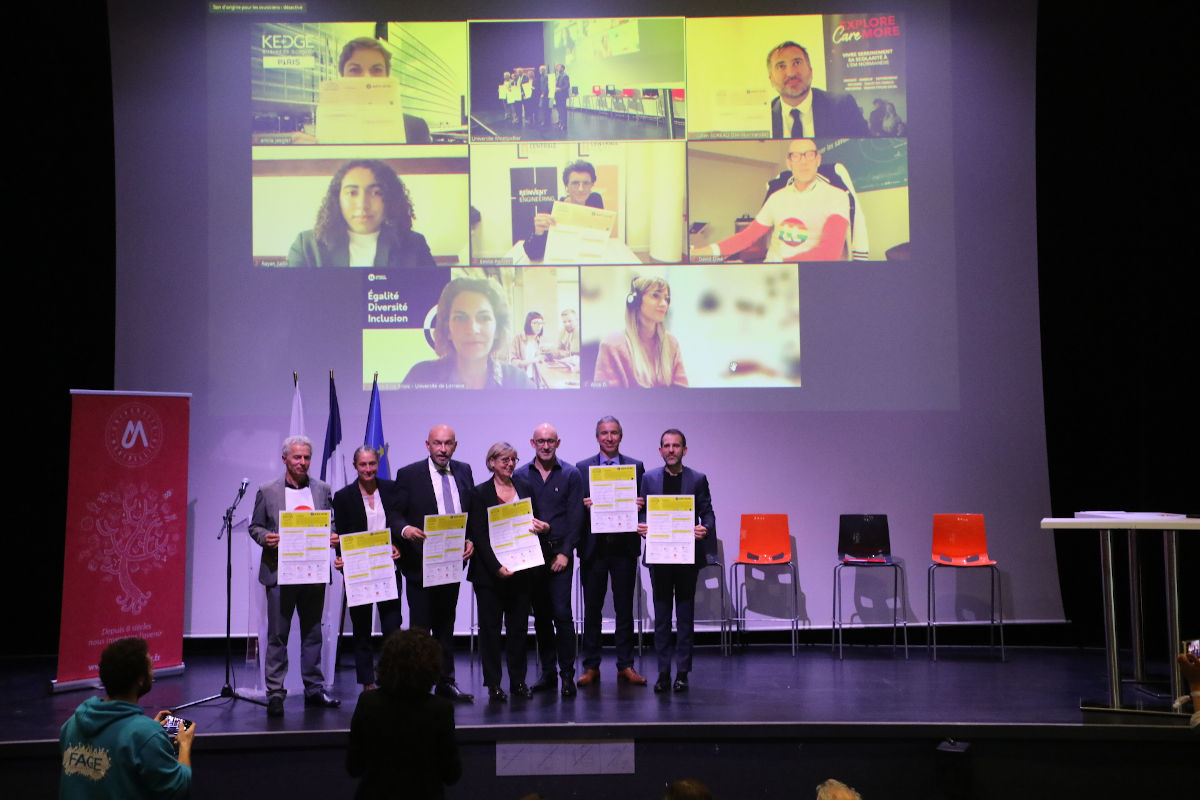It seems we need to prepare for some big changes across the company. This time it is not easy and it is far from affecting only families. Not much has been said yet, but large companies also have to adapt to the new conditions. And this, of course, again has an impact on people, or rather their customers.
An era is ending
We should expect that many things will not work as they did before. The whole world is largely paralyzed by a shortage of certain materials, which some experts say will be long-term. Several supply chains have broken down. Individual countries are no longer cooperating as before. People don’t want to work as much as they used to.
All of this means that companies must seek new ways of operating, or even surviving. And it also applies to the really big ones, like the Lidl chain. Years ago he built his success not just on selling food at rock bottom prices, but perhaps even more so on the fact that he started selling non-food items in addition to food.
This concept, where the offer was always a relatively limited but reasonably priced product range, won over customers. Not infrequently, before the start of such an event, long queues waited in front of the shops. In addition to clothes and electronics, these people also bought food, of course.
The whole joke was that Lidl bought a relatively small number of types of goods, but in a large volume for its pan-European network. He could therefore sell it cheaply, and he also counted on the fact that it would not take up space in the warehouses, because it would disappear quickly.
You will not buy anything anymore
But apparently, this procedure has stopped working to some extent. As reported by the Lebensmittel Zeitung server, the operator Lidl has decided to reduce this concept to a large extent. In many cases, the sale of non-food items has already stopped paying.
Of course, rising costs are to blame, but also problematic supply chains. For example, it happened that the goods did not arrive or arrived late. He did not sell in the event and started filling the warehouses, which are additional costs that have not been calculated. Maybe even people were already overwhelmed by the offer and stopped buying so much. The result is therefore an unhappy sale. While for this year Lidl calculated that the share of non-food goods in its sales would reach up to 15%, today it will be happy if it reaches 10%. This is a significant difference in the total volume and a decrease in half.
Lidl will certainly not abandon this product entirely, but its number will be significantly reduced. When it comes to offering fashion, toys, electronics, tools or appliances, the selection will never be the same again.
Photo: Shutterstock


